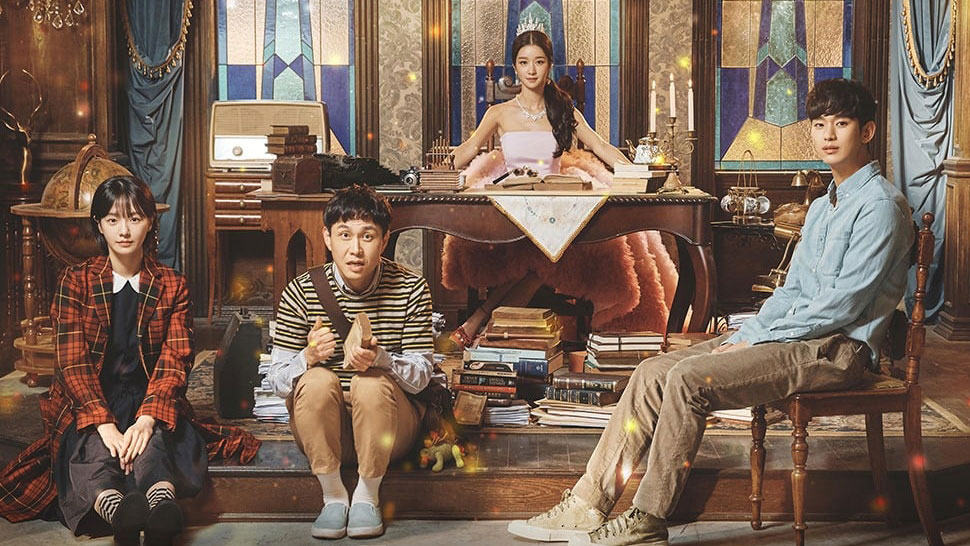"It's Okay to Not Be Okay" is a South Korean television drama series that aired in 2020. The show revolves around the lives of Moon Gang-tae, a caregiver in a psychiatric ward, and Ko Moon-young, a popular children's book author with an antisocial personality disorder.
Moon Gang-tae has dedicated his life to taking care of his older brother, Sang-tae, who is on the autism spectrum. Despite his challenging circumstances, Gang-tae remains stoic and responsible, always prioritizing his brother's well-being. He works at a psychiatric hospital called OK Psychiatric Hospital, where he meets Moon-young.
Ko Moon-young, known for her dark and twisted fairy tales, leads a glamorous but isolated life. Her stories reflect her own troubled childhood and experiences, making her an enigmatic and intriguing character. When Moon-young meets Gang-tae, she becomes infatuated with him and is determined to make him a part of her life.
As the story progresses, Moon-young's relentless pursuit of Gang-tae challenges the boundaries of their relationship. They both confront their own emotional traumas and struggles, gradually developing a deeper understanding of themselves and each other. The series delves into themes of mental health, healing, and the transformative power of love and compassion.
Throughout the narrative, "It's Okay to Not Be Okay" explores various mental health disorders, including autism, antisocial personality disorder, post-traumatic stress disorder, and borderline personality disorder. The show sheds light on the stigma surrounding mental health issues and emphasizes the importance of empathy and acceptance.
"It's Okay to Not Be Okay" received critical acclaim for its unique storytelling, compelling performances, and visually stunning cinematography. The series resonated with audiences worldwide for its heartfelt portrayal of characters navigating their emotional struggles and finding solace in each other's company.
In the end, the story leaves viewers with a powerful message: it is okay to acknowledge and embrace our vulnerabilities, as it is through these moments of acceptance that true healing and growth can occur.






0 Comments